Asteroid Expected to Graze Earth in 2029 – Rare Cosmic Event Once Every 10,000 Years
In the realm of cosmic phenomena, a rare and momentous event is on the horizon for 2029. Scientists have announced that an asteroid is projected to graze past Earth, a celestial occurrence that happens once every 10,000 years. The anticipation surrounding this close encounter has sparked both excitement and concern among astronomers and the general public alike. As preparations and observations intensify, experts are keen to study this event for its potential scientific insights and implications for planetary defense strategies.
Scroll Down to Continue

Advertisement
The meteorite named 99942 Apophis, discovered on June 19, 2004, is expected to pass very close to Earth shortly after thorough examination by NASA.
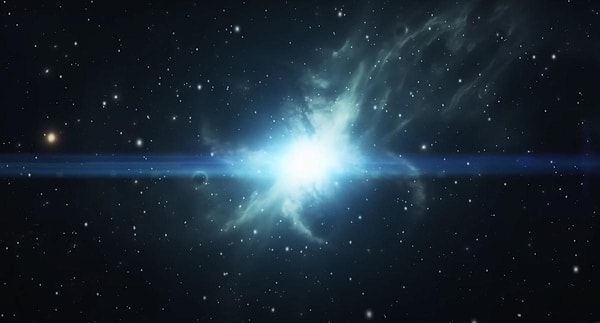
Scroll Down to Continue

Advertisement
Named after the ancient Egyptian god of chaos, Apophis, the asteroid is expected to pass within 20,000 miles of Earth's surface just 5 years from now.

When Apophis was first discovered in 2004, observers initially ranked it as a Level 2 threat in terms of danger assessment. Remembering that Level 10 signifies an impact capable of globally altering the climate, Level 2 was relatively low.
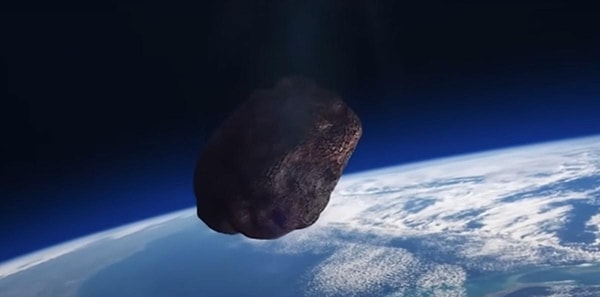
However, recent studies have elevated its classification to Level 4, indicating a higher perceived risk factor.
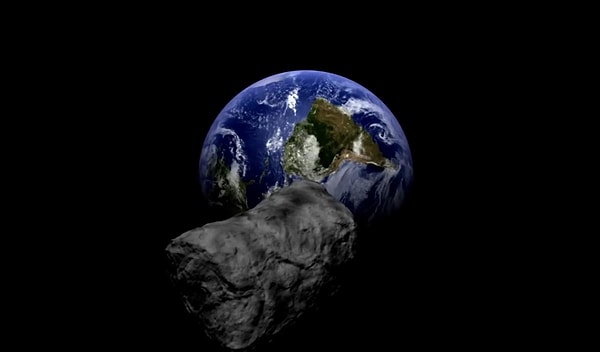
Nonetheless, scientists announcing that the likelihood of impact is nearly eliminated, mentioned potential close encounters in 2029, as well as 2036 and 2068, noting that the experience in 2029 will be particularly unique.
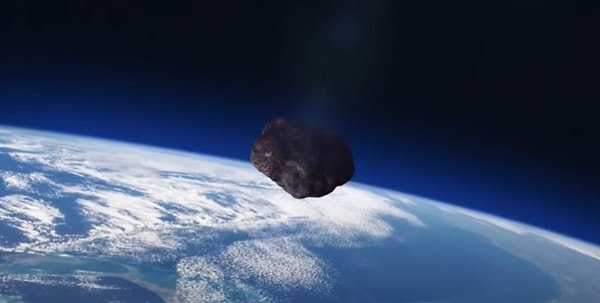
Scroll Down to Continue

Advertisement
For the 2029 encounter, visible from almost the entire Eastern Hemisphere, including Eurasia, even without telescopes, the European Space Agency (ESA) has made striking comments.
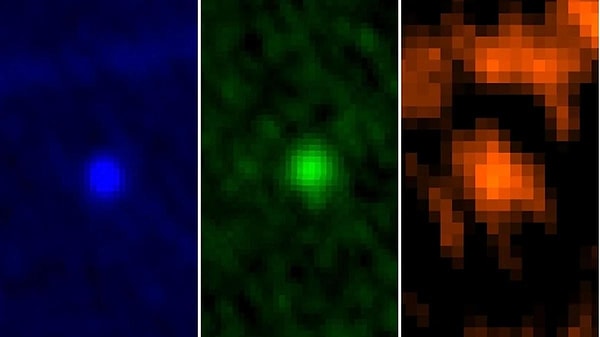
ESA officials commented on the experience expected in 2029: "However, an event that could occur once every 10,000 years. It will be one of the rarest space events a person can encounter in a lifetime."
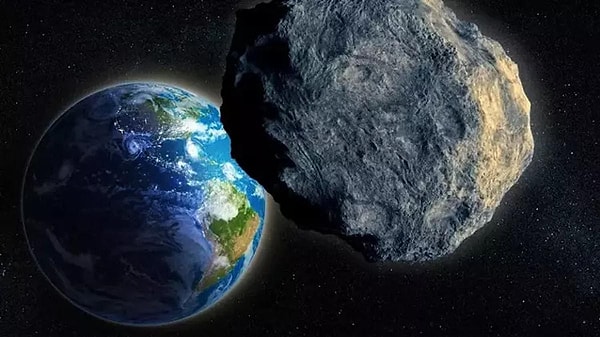
Scroll Down for Comments and Reactions

Advertisement
Keşfet ile ziyaret ettiğin tüm kategorileri tek akışta gör!


Send Comment